Don’t Ruin Great Beans: Rookie Mistakes That Mute Coffee Flavor
Key Takeaways
- Understanding different coffee beans enhances the flavors of your brew.
- Proper storage is crucial for maintaining the freshness and taste of coffee beans.
- Accurate measurements and brewing techniques significantly impact coffee flavor.
- Using the right grind size for each brewing method prevents flavor imbalances.
- Additives should complement and highlight, not mask, the natural coffee tastes.
Great taste in coffee begins with understanding the delicate intricacies of coffee brewing. As a coffee enthusiast, you may sometimes unknowingly detract from the rich flavors of your brew. From choosing the wrong types of coffee beans to compromising freshness, these rookie mistakes can mute that delightful aroma and taste. Fresh coffee beans are at the heart of an exhilarating cup, yet they require the right attention to shine. Ensuring you grasp the fundamentals of brewing methods and the nuances of bean selection elevates your coffee experience, preventing those flavorful notes from slipping away unnoticed. Avoiding these common pitfalls can turn your daily coffee ritual into an exquisite indulgence.
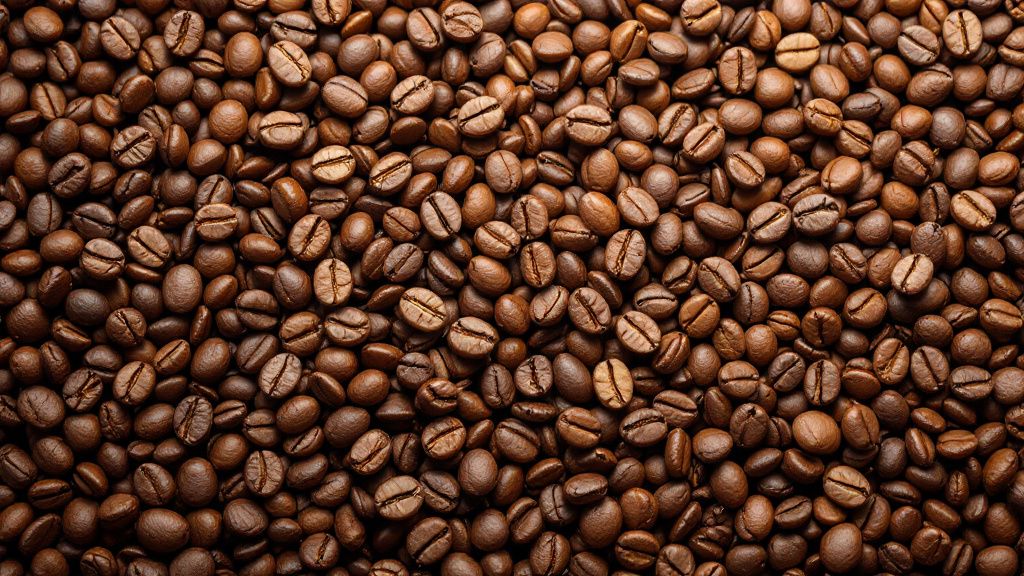
Understanding Coffee Beans and Their Flavors
Understanding the diverse types of coffee beans is crucial to unlocking their full flavor potential. Each type of bean, from the fruity, complex notes of Arabica to the bold, earthy tones of Robusta, brings a unique palette of flavors waiting to be explored. As you dive deeper into the world of beans, you'll discover just how dramatically the origin and processing method influence taste, guiding you towards a more customized brewing experience.
Freshness is paramount in coffee brewing, as even the best beans can lose their shine without it. Fresh coffee beans deliver vibrant flavors, yet improper storage can diminish their quality. Store them in a cool, dry place to maintain their potency. A small tweak in storage habits can significantly enhance the depth and aroma of your coffee without altering the beans themselves.
The interplay of roasting levels and bean types adds another layer of complexity. A light roast can elevate subtle flavors in delicate beans, while a dark roast brings out robust profiles. Navigating these options empowers you to tune your brew to your liking. In the coming years, it is expected that coffee drinkers will increasingly seek sustainable sourcing, altering traditional preferences and further diversifying available flavors.
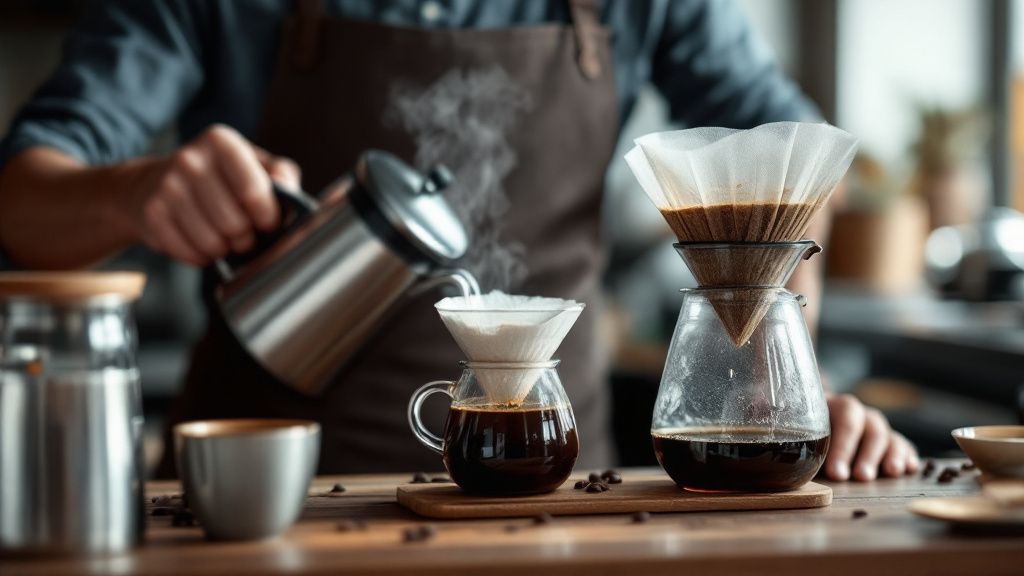
Essential Brewing Techniques to Preserve Flavor
Mastering essential brewing techniques is key to preserving the exquisite flavors of your coffee. Choosing the appropriate brewing method can significantly impact the taste profile. For instance, pour-over and French press methods highlight the nuanced flavors of fresh coffee beans, while espresso machines deliver bold, concentrated bursts. Precise water temperature is crucial; too hot, and the coffee can taste bitter, too cool, and it might become bland.
One challenge in coffee brewing is maintaining the optimal bean-to-water ratio for balanced flavor. Too much water dilutes the taste, while too little results in an overly strong brew. This issue can be resolved by measuring your ingredients accurately, ensuring consistency in every cup. Grinding your beans just before brewing preserves their freshness, amplifying the natural flavors unique to the types of coffee beans you are using, thereby guaranteeing a delightful sipping experience.
Moreover, controlling the brewing time can be a game changer. Over-extraction can result in a bitter taste, while under-extraction may lead to a sour flavor. By timing the brewing process diligently, you retain the rich, intricate notes each bean variety offers. Investing in quality equipment can also enhance your brewing journey, allowing for greater control and precision, ultimately helping you respect and savor every subtlety in your morning cup.
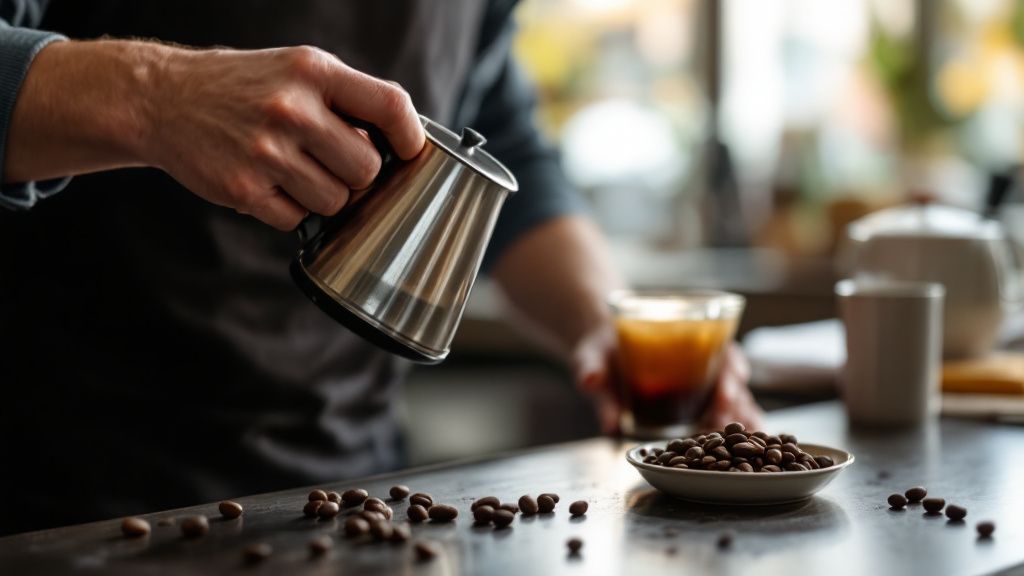
Common Rookie Mistakes to Avoid
Navigating the world of coffee can be tricky, especially when starting, with common rookie mistakes easily affecting the outcome of your brew. One frequent error is using tap water, which might contain minerals that tamper with coffee flavor. Opt for filtered water to ensure purity in your cup, allowing the intricate notes of fresh coffee beans to truly shine.
Another misstep is storing coffee incorrectly. Exposure to air, light, or moisture can degrade the beans quickly. An airtight container placed in a cool, dry area will help maintain the beans' freshness. To truly savor the beans’ full potential, avoid refrigerating them, as humidity can infiltrate and diminish their quality.
One often overlooked detail is the grind size. Different brewing methods require specific grind sizes for optimal extraction, such as coarse for French press and fine for espresso. To make the most of your coffee brewing, match the grind to the brewing method. This ensures balanced flavors and prevents the common pitfall of inconsistencies in taste.
Measuring coffee and water imprecisely can also derail flavor balance. Using a digital scale to weigh your ingredients can standardize your brew and enhance predictability. This consistent approach transforms each cup into a flavorful experience, elevating your daily coffee ritual.
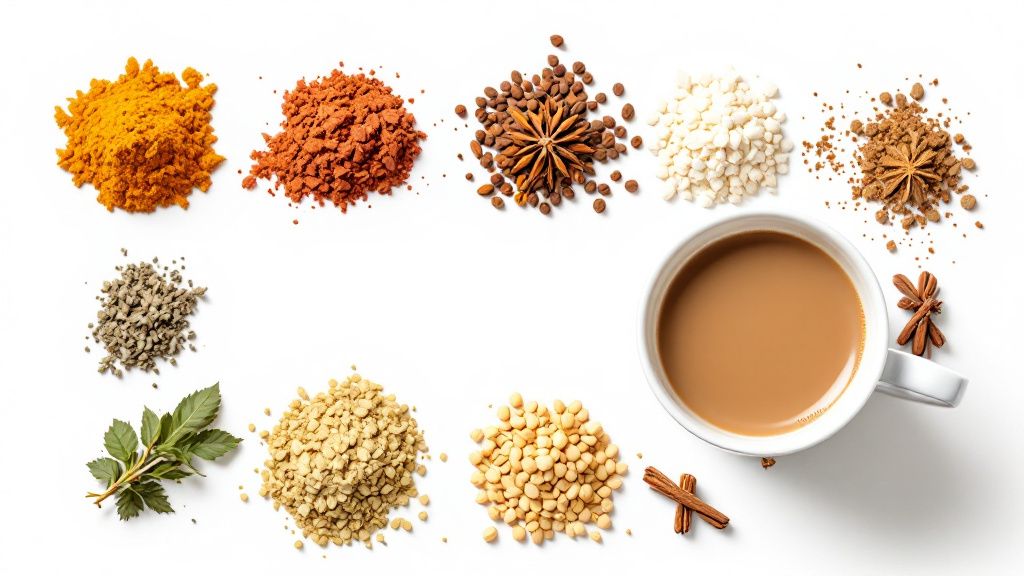
Enhancing Coffee Flavor with Additives
Enhancing coffee flavor with additives can elevate your coffee experience when done thoughtfully. Classic choices like cinnamon, vanilla, or even a dash of cocoa can complement the inherent notes in different types of coffee beans. They amplify the existing flavors rather than overshadowing them, providing a well-rounded taste profile. Experimenting with these additions allows you to personalize your coffee while still honoring the original taste of the fresh coffee beans.
To truly appreciate the art of flavor enhancement, you need to shift your mindset from masking imperfections to embracing subtlety. Rather than using additives to cover up issues in your brew, view them as a chance to elevate and highlight the natural flavors already present. This new perspective encourages a more discerning approach, enhancing your appreciation of quality coffee brewing.
Sweeteners, too, play a crucial role in the overall flavor profile. Natural options like honey or maple syrup can offer complexity without overwhelming your taste buds. Choosing these over refined sugars introduces a nuanced sweetness that melds seamlessly with the coffee, enhancing its intrinsic characteristics rather than competing with them.
For a refreshing twist, consider adding a splash of almond or coconut milk. These alternatives impart a delicate flavor that harmonizes beautifully with your brew. Whether you prefer hot or iced coffee, these additions can transform a simple cup into a vibrant sensory experience, customized precisely to your taste preferences.
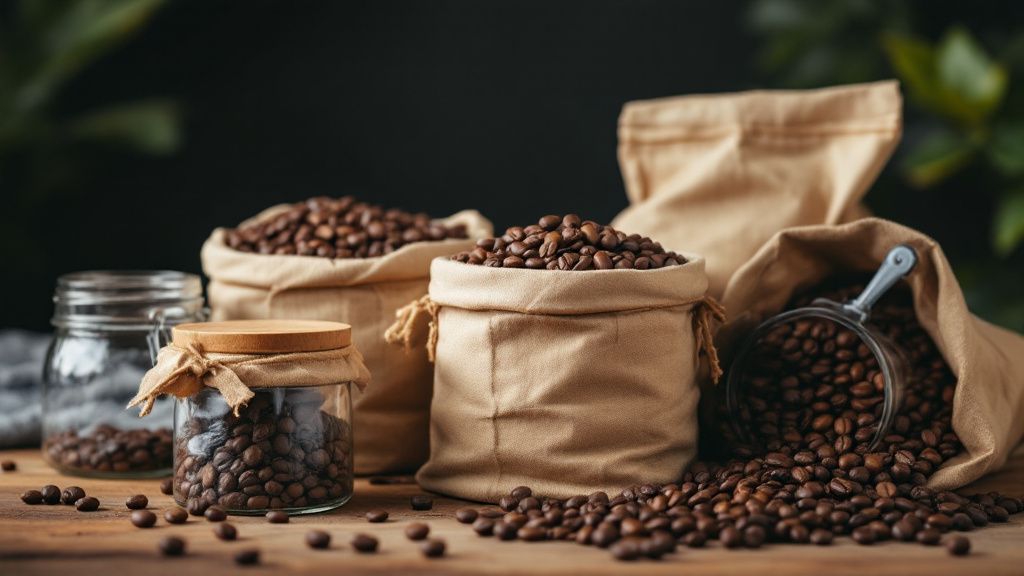
Understanding the Importance of Storage
Understanding the importance of storage in preserving coffee flavor cannot be overstated. Fresh coffee beans are vulnerable to environmental factors like air, moisture, and light, which can rapidly diminish their quality. Proper storage not only protects these beans from losing their distinctive aroma and taste but also ensures that your coffee brewing routine consistently yields flavorful results.
There is a contrasting perspective on the ideal storage conditions for coffee. On one hand, some believe storing coffee in the refrigerator keeps it fresh, viewing the cool temperature as beneficial. However, many experts argue that this exposes beans to moisture, accelerating their degradation. Room temperature in an airtight container is often recommended to maintain maximum freshness and flavor.
When it comes to bean storage, choosing the right container is crucial. Glass jars may seem appealing and convenient, yet they allow light to penetrate, potentially harming the beans. Instead, opt for opaque containers designed to lock in freshness by blocking light entirely. This approach safeguards your investment in high-quality types of coffee beans, preserving them until they're ready to be transformed into your next delicious cup.
Frequently Asked Questions
How can I preserve the flavor of fresh coffee beans?
Store your beans in an airtight container, away from light, heat, and moisture.
What temperature should I use for brewing coffee?
The ideal temperature for brewing coffee is between 195°F to 205°F.
Does the grind size affect coffee flavor?
Yes, using the correct grind size for your brewing method is crucial to achieving balanced flavors.
Can adding flavors to coffee affect its quality?
Yes, additives should enhance the coffee’s natural taste without overpowering it.
Why is my coffee tasting bitter?
Bitter coffee can result from over-extraction due to too fine a grind or using water that’s too hot.
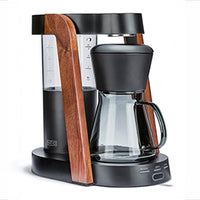 Ratio Eight S2
Ratio Eight S2
 Ratio Eight Original
Ratio Eight Original
 Ratio Six
Ratio Six
 Ratio Four
Ratio Four
 Compare Machines
Compare Machines






